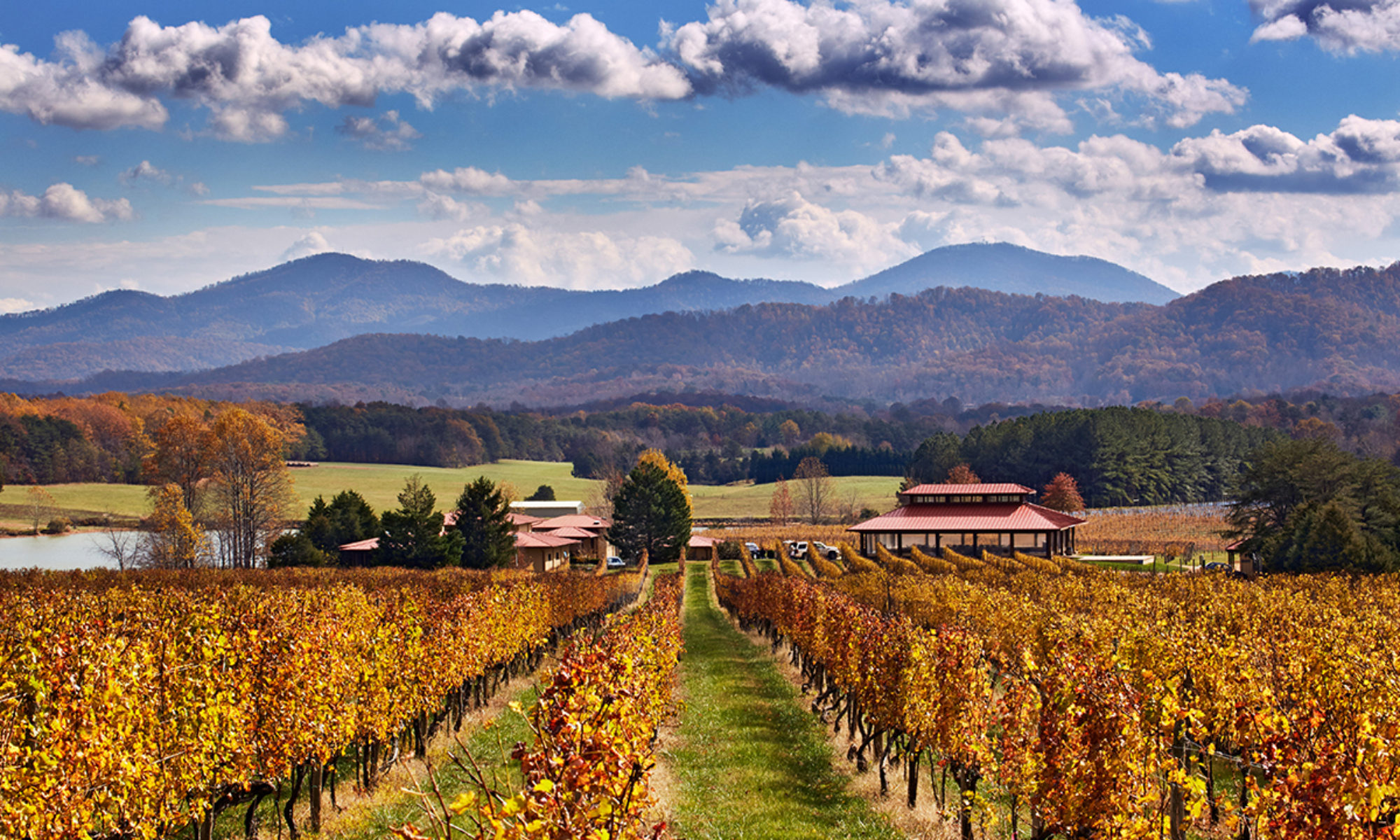Barrel Oak Winery
- One of several wineries in the town of Delaplane, in western Fauquier County, and the closest of these to Interstate 66. Founded in 2008 by Brian and Sharon Roeder. Probably the largest winery in Fauquier County. As might be expected from the initials (BOW), there is a strong canine theme here. The winery was acquired (after listing for $14 million) in 2022 by Kavelle and Ken Bajaj, who came from India in the 1970s and have turned to wine after a career in IT. Winemaker Jeremy Lingon is staying on.
- Wine. Among the Top 100 wineries of Virginia, and the Top 40 wineries of Northern Virginia. Barrell Oak wines – especially white wines — have begun to really hit their stride in the last 2-3 vintages. The winery was awarded two gold medals at the state-wide Virginia Governor’s Cup wine competition, for their 2021 Vidal Blanc and Sauvignon Blanc. The 2021 Rosé and Seyval Blanc also received silver medals at the event, and their Petit Manseng a bronze medal. The Vidal Blanc and Sauvignon Blanc also scored gold medals at the prestigious 2022 San Francisco International Wine Competition. The 2021 Rosé and Seyval Blanc had a less enthusiastic reception in San Francisco, garnering bronze medals there. BOW’s Goldie dessert wine was awarded a double gold medal at the 2019 San Francisco Chronicle nation-wide tasting competition, while their Rkatsiteli won a gold medal at the 2019 Finger Lakes Wine Competition. Wide range of both whites and reds. Dog theme shows with the BowHaus White, BowHaus Red, and Chocolate Lab dessert wine.
- Setting. Nice views over the vines to the hills. Many great reviews. Wine Enthusiast Magazine in 2012 called Barrel Oak “the #1 Family Friendly Winery in the World,” and Virginia Living Magazine has called this the Best Winery in Virginia 6 of the last 7 years. This is a big place, and it’s also a brewery. Child and dog friendly. Expect many events, plenty of picnic tables, lots of friendly service, but not much quiet.
- Stories. Civil War – Leadership counts: McClellan is out. General George McClellan, “young Napoleon,” was promoted to Commander in Chief of the Union Army in July 1861, after the Union’s humiliating defeat in the Battle of Bull Run. He had scored a number of victories in the early phase of the war in the western Virginia theater. His year in charge, however, proved less clearly successful, and his leadership paled in contrast to the vision and success of General Robert E. Lee, who was in charge of the Confederate Army. Lee’s successes led him to an 1862 invasion of Maryland – to threaten Washington DC, take the fight to the Union and destroy Northern morale. McClellan and his troops managed to check Lee’s advance in the Battle of Antietam, at Sharpsburg, Maryland – at the cost of the bloodiest day ever in American warfare. By now President Abraham Lincoln had seen that Lee was the key to the Confederate military: if he could be captured, the path to a Union victory would be much easier. He ordered McClellan to pursue and capture Lee, as a top priority. McClellan hesitated, dawdled, and Lee escaped back Virginia. McClellan pursued only half-heartedly. When McClellan finally brought his army into Virginia, and moved towards Richmond, again he hesitated, and eventually retreated, in spite of a large numeric superiority in men. And Lincoln blew his top. On November 5, 1862, just East of Barrel Oak at Marshall, Lincoln had McClellan relieved of command.
